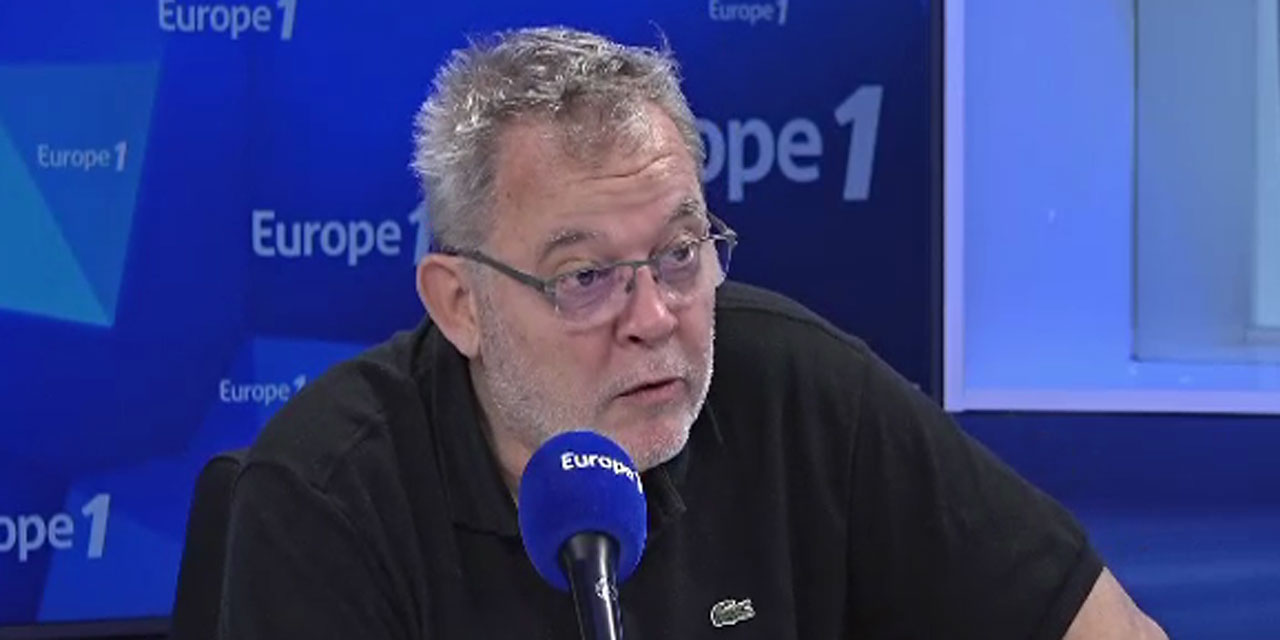Every day, Didier François deals with an international topic.
A dramatic series of attacks has hit Afghanistan since this weekend. Not less than a dozen bombs hit the city of Jalalabad on Monday after a deadly explosion in downtown Kabul that left 63 dead and 182 wounded. This outbreak of violence does not seem to discourage Donald Trump who remains very determined to conclude a peace agreement with the Taliban.
We even have the impression that this resurgence of attacks reinforces it in its Taliban hand-outs strategy. This may seem contradictory since a severe deterioration of the security climate does not really militate in favor of a decrease in the number of troops deployed on the ground. One would think that with fewer US soldiers (and therefore less support and less support from Afghan forces), their ability to crisscross the country will be dangerously weakened. And yet, President Trump has reaffirmed his intention to "further reduce" the military contingent in Afghanistan. He is now 14,000 men. That's what he said in a tweet after an important meeting at his Bedminster Golf Club with the Vice President, his National Security Advisor and his Ministers of Defense and Foreign Affairs. It is therefore much more than an individual foucade. It seems to be a real government decision, the US strategy to end a 19-year-long response since the aftermath of 9/11.
But what makes him believe that a withdrawal of US troops would improve the situation eventually?
We must return to the attacks of recent days that are not at all the fact of the Taliban for the coup but the Islamic State. On Monday, the local franchise claimed responsibility for the Kabul massacre. However, the Taliban are today in frontal opposition with the Islamic State group. Violent clashes between the two organizations in the east of the country and particularly in the Nangarhar region, on the border with Pakistan. Finally, Donald Trump seems to think that the Taliban (these enemies of yesterday) with local interests to defend, they could become objective allies in the fight against more international terrorist groups. So much so that in the direct negotiations under way in Doha between the United States and the Taliban emirate, the White House envoy proposes a phased withdrawal of the US contingent against the Taliban guarantee that they ban the Afghan territory to movements like the Islamic State or al-Qaeda. This was refused by Mullah Omar in 2001, who did not want to surrender Osama Bin Laden, and this was one of the reasons for the intervention.
What guarantees will the United States have that the Taliban will respect its market share after its withdrawal?
It's a bit of the weakness of this plan. But Donald Trump responded this Monday explaining that the intelligence services, they will not leave the country. They will remain with the Kabul authorities to ensure, as he says, that Afghanistan does not become "a nest from which we are struck". There is obviously an electoral aspect in this strategy, the goal of being re-elected in 2020, but not only. We are on a real paradigm shift with the end of George W. Bush's very military vision, the "War on Terror". We return to a more specialized and more traditional conception of the fight against terrorism, with priority given to indirect approaches.

